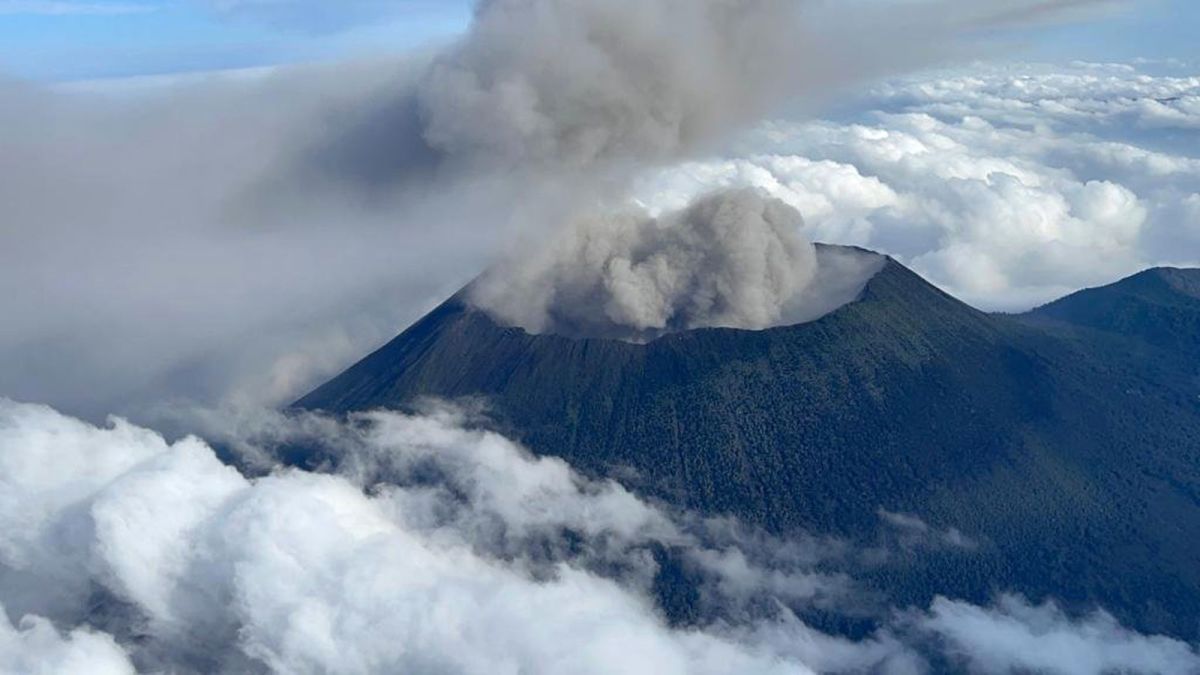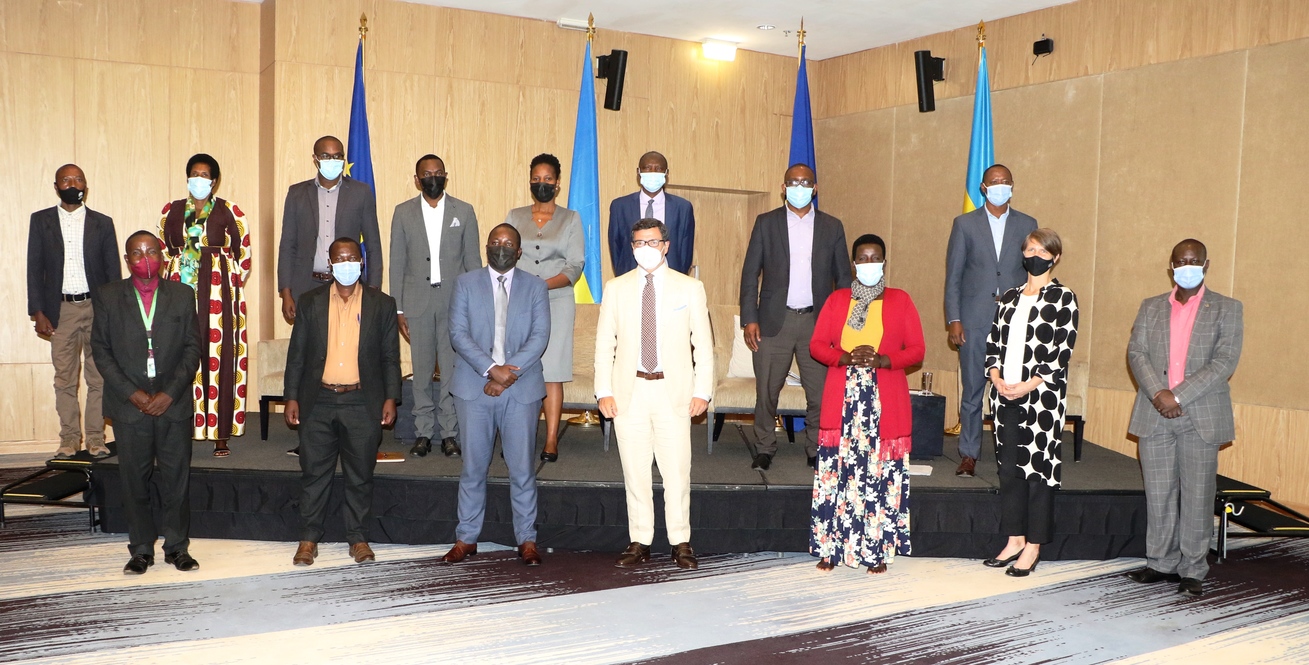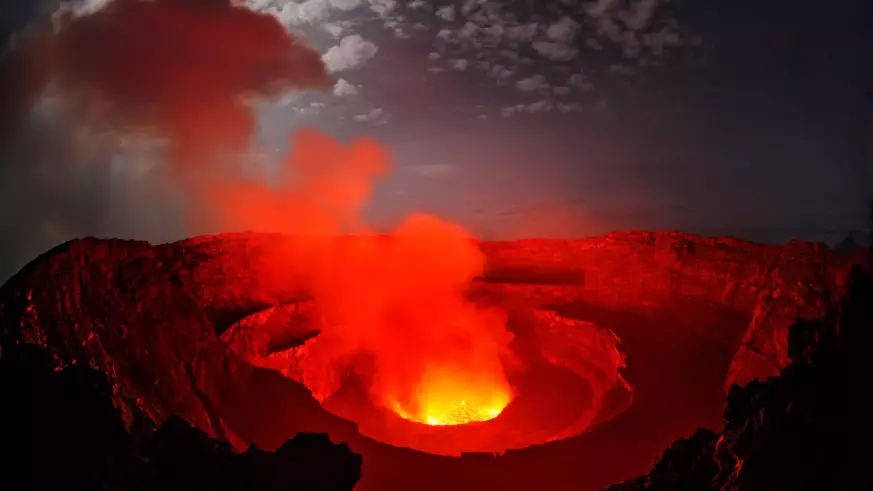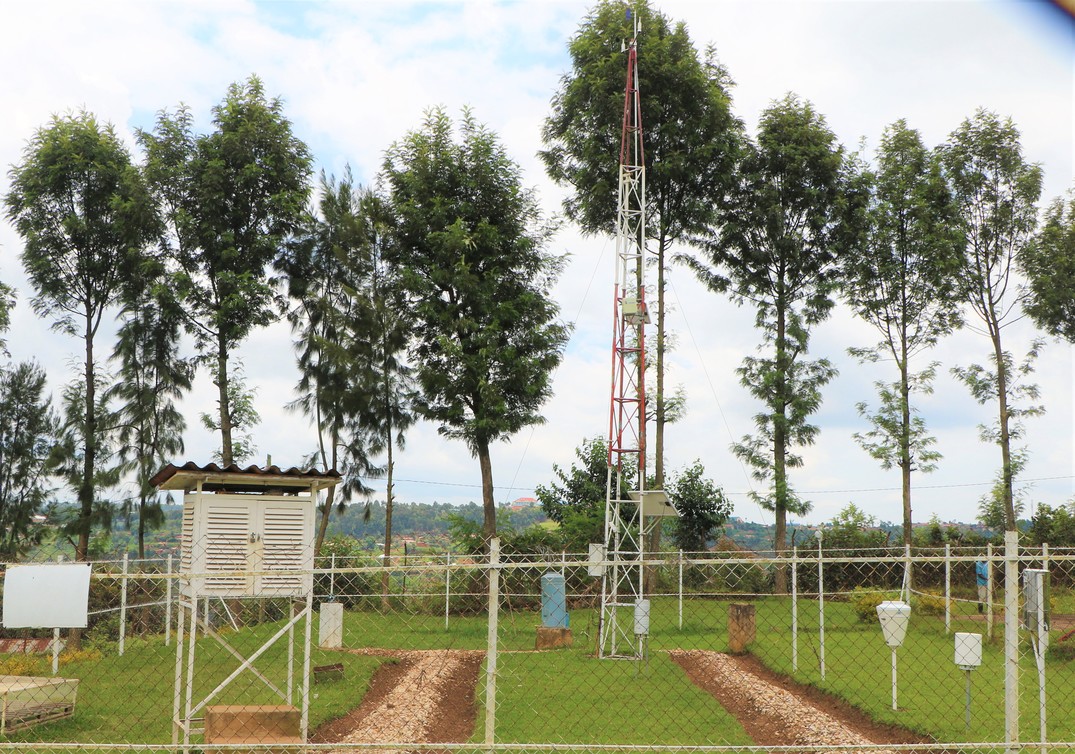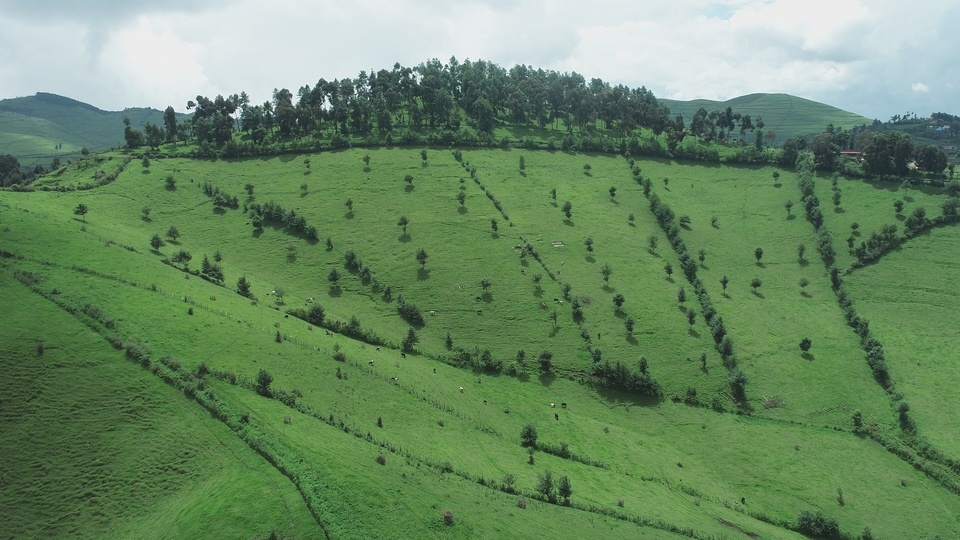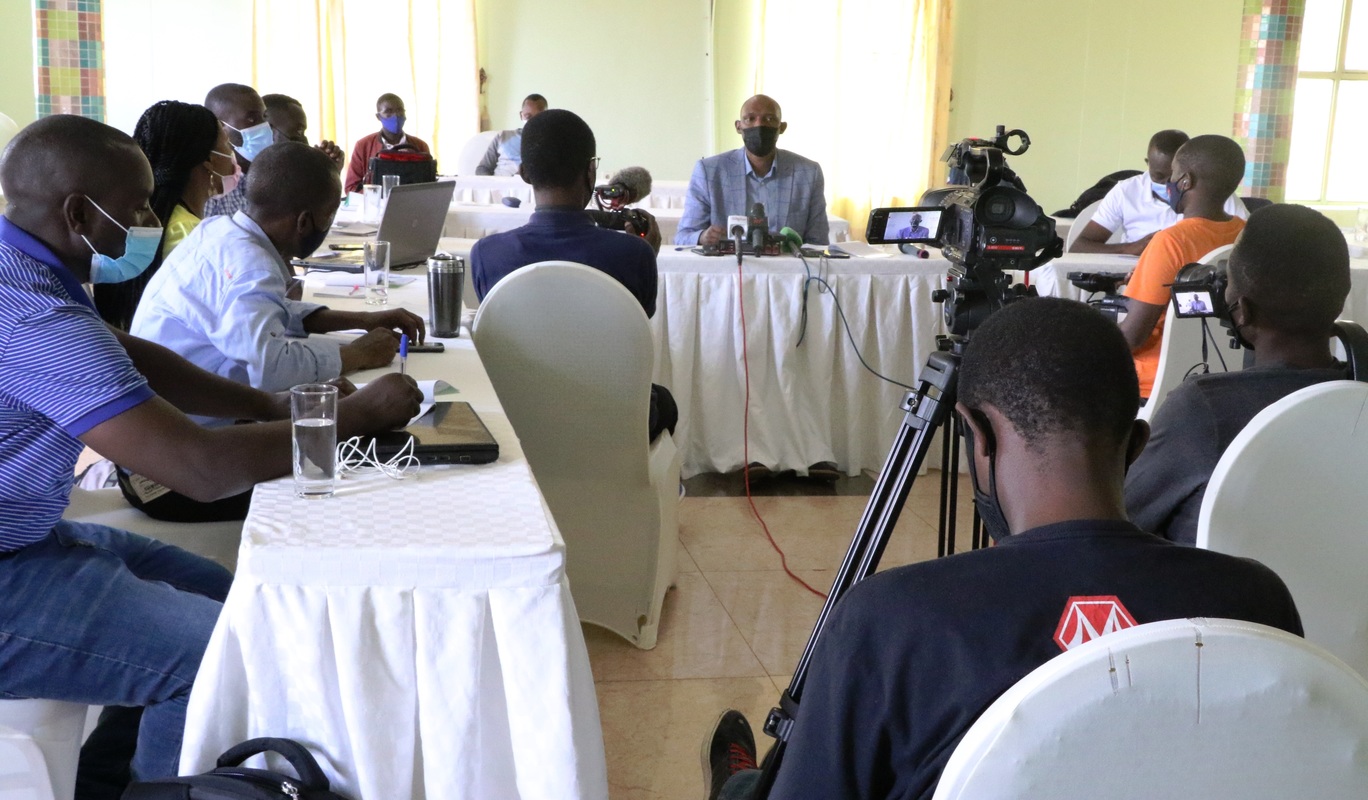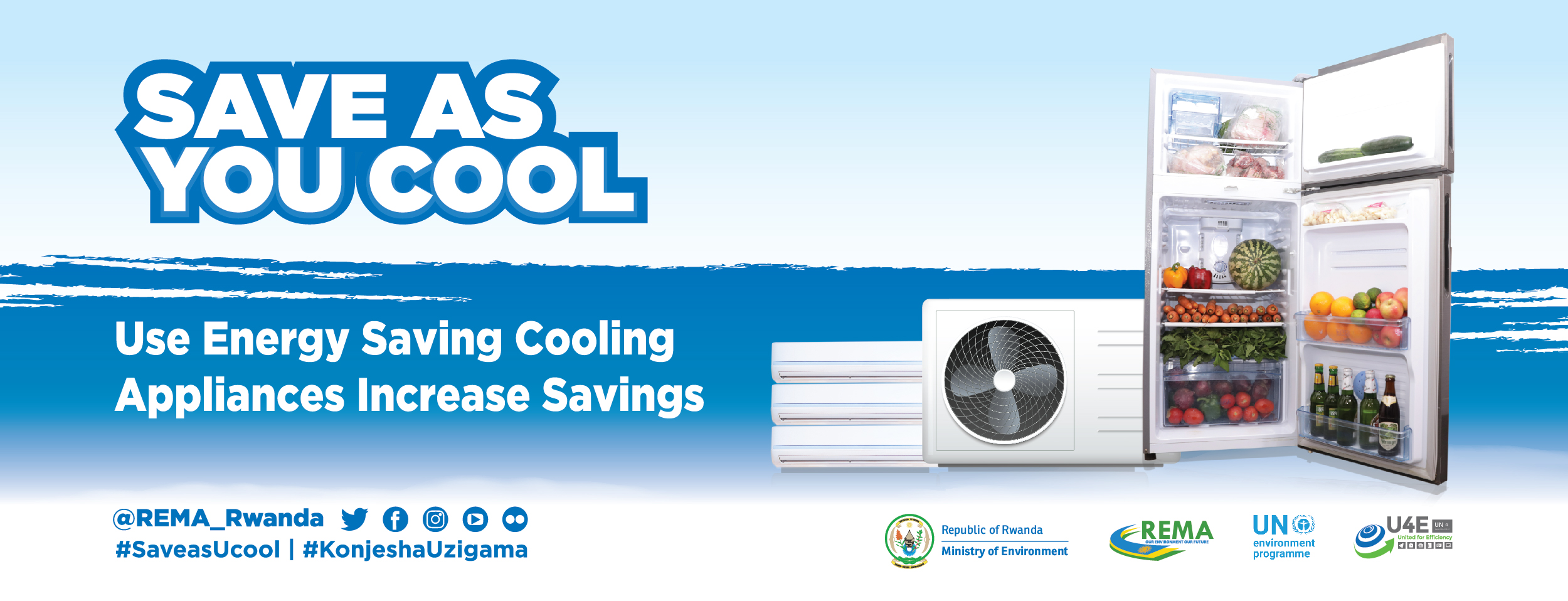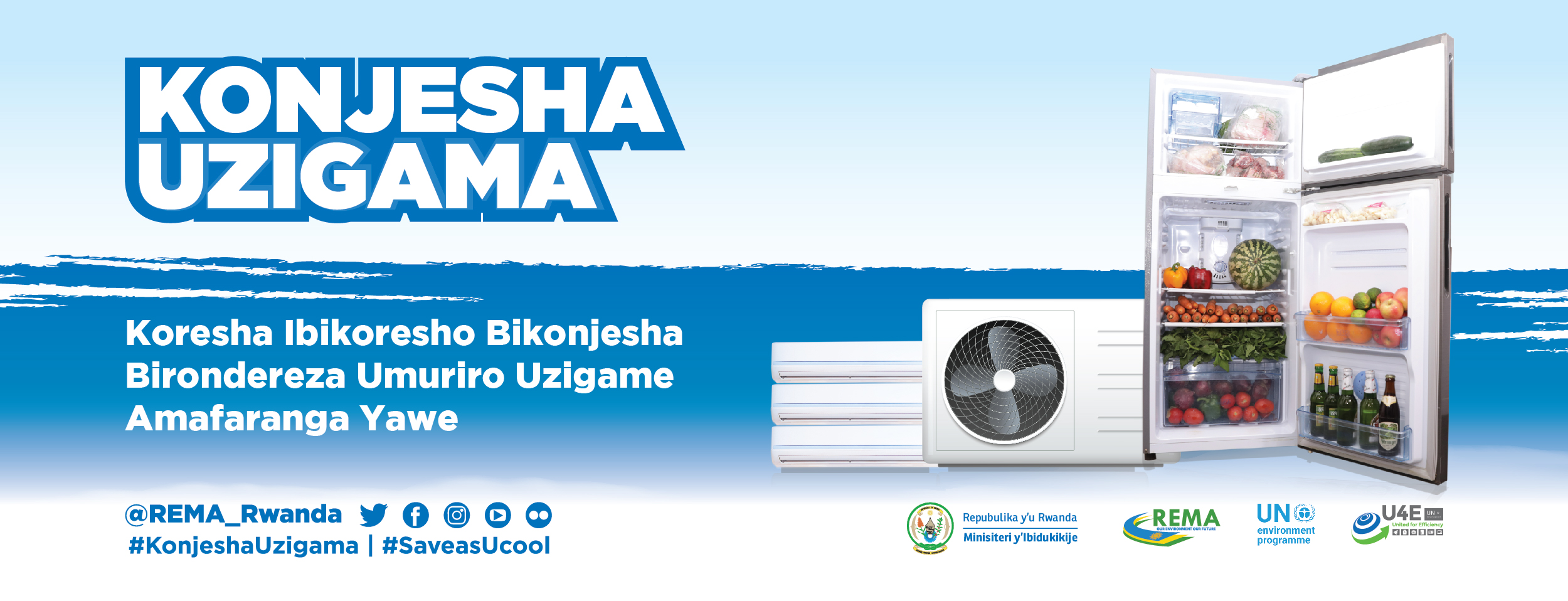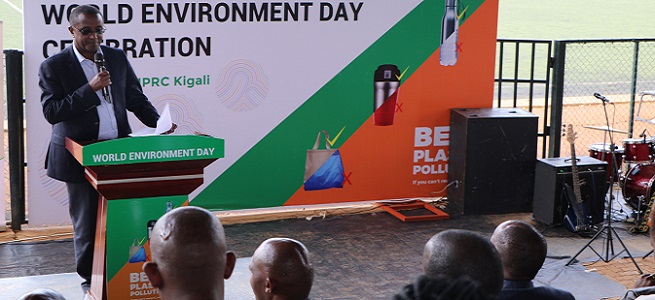
Together, We can put an end to single-use plastics
The following was adapted from remarks given by the Minister of Environment, Vincent Biruta, at World Environment Day celebrations in Rwanda on 5 June 2018.
For more than two decades, Rwanda has prioritised environmental protection and conservation. This focus on sustainable development and ensuring a healthy environment for all people living in, and visiting, Rwanda has had a significant return on investment.
One of the major green initiatives was the banning of plastic bags and specific types of packaging in 2008. This was done because we understood the threat that they posed to our health and environment. While the ban was considered revolutionary at the time, we now know that more must be done to limit the damage plastic waste is doing to our environment.
In Rwanda, plastic waste is blocking drains and waterways and polluting farmland, rivers and lakes.
To address the challenge, the Ministry of Environment and partners have come together to go beyond plastic bags alone and end plastic waste in all forms. As a nation, Rwanda is uniquely placed to take our environmental protection efforts to the next level and end the use of disposable single use plastics. Indeed, many nations and regions around the world are already implementing restrictions on disposable plastics.
In the lead up to World Environment Day, a number of initiatives were organised in support of this objective. A policy conference held last week brought together a range of stakeholders to discuss how Rwanda can beat plastic pollution. Importantly, the role of the private sector, young people and women was elaborated during the discussions. The goals of this campaign can only be achieved if everyone is on board.
Last Sunday, we held a walk during Car Free Day to raise awareness about single use plastics and encouraged attendees to make the switch to sustainable alternatives, such as reusable water bottles. The Rwanda Environment Management Authority, in association with the Rwanda National Police and local authorities, also conducted inspections of businesses to check for the illegal use of plastic bags and packaging.
These activities are the just beginning of what will be a long-term effort to end the use of disposable plastics and rid our environment of plastic waste.
Essentially, the “Beat Plastic Pollution” campaign is a reminder of our responsibility to protect our ecosystems by choosing reusable alternatives to plastic and adopting environmentally friendly practices in our everyday lives.
By building an alliance of government institutions, the private sector, civil society and the general public, we can grow understanding of the dangers of plastic and fast track efforts to beat pollution. Institutions and companies, such as Bralirwa, COPED, Inyange and other partners are already taking steps to reduce plastic waste and have established a plastic bottle collection scheme. Efforts such as these should be commended and supported.
The young students who made posters, poems and songs with a message of ending plastic waste for the World Environment Day schools competition demonstrate a level of passion and dedication that should inspire us all.
The Ministry of Environment is now in the process of revising the law on plastics to ban single-use plastics that have readily available alternatives. Such items include plastic straws, cups, plates, and cutlery. For the time being, there is no plan to ban PET bottles but as as alternatives to these bottles come onto the market, the option of ending their use will be considered.
While we don’t need a ban for us to reduce our dependence on them in our daily lives, we do need everyone to play their part. It’s simply a matter of changing our habits and choosing sustainable alternatives that won’t cost the earth. Together, we can beat plastic pollution and protect our health, and the health of generations to come.
Topics
More posts
Nta ngaruka iruka rya Nyiragongo ryagize ku kiyaga cya Kivu – Ubushakashatsi bwa REMA
Ishami rishinzwe kugenzura ikiyaga cya Kivu ryo mu kigo cy’Igihugu cyo Kubungabunga Ibidukikije (REMA) ryatangaje ko nta mpungenge zihari z’uko gaz yo…
“We Are Part of the Solution for Nature”_ Slogan of This Year International Day for Biological Diversity
On 31 May 2021, Rwanda marked the International Day for Biological Diversity. The celebration event was hosted by the Delegation of the European Union…
No imminent risk of Gas outburst is expected on Lake Kivu following Nyiragongo Eruption – REMA findings
The Lake Kivu monitoring team from Rwanda Environment Management Authority (REMA) based in Rubavu District, has come up with a conclusion that there…
Air Quality Monitoring: Rwanda On The Right Track
Since 2017, the Ministry of Education (MINEDUC) and Rwanda Environment Management Authority (REMA) have been implementing the Air Quality and Climate…
How Silvopastoralism approach is contributing to sustainable and efficient livestock production around Gishwati-Mukura National Park
A couple of decades ago, it was not that easy to find a single tree in the rangelands around Gishwati-Mukura National Park.
This was not only a…
Bakeries step to eliminate plastic bags and single-use plastics
In line with the awareness on the harmful effects of plastic bags and single-use plastics, Rwanda Environment Management Authority held a two-day…
REMA trains Media practitioners to increase their engagement in environment protection
Rwanda Environment Management Authority (REMA) has trained different Media practitioners on different laws and policy on environment and climate…
REMA and UNEP’s U4E Launch Efficient Cooling Awareness Campaign
The Rwanda Environment Management Authority (REMA) in partnership with the United Nations Environment Programme’s United for Efficiency launches today…
REMA yatangije ubukangurambaga bw'ibikoresho bikonjesha bitangiza ikirere
Ikigo cy’Igihugu cyo Kubungabunga Ibidukikije (REMA), ku bufatanye n’Ishami ry’Umuryango w’Abibumbye Rishinzwe Kurengera Ibidukikije (UNEP) binyuze…
